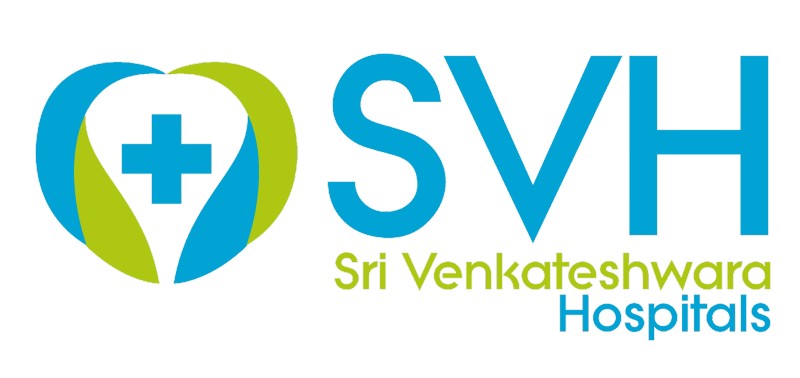Pregnancy & Fetal Medicine

Pre-Conceptional Counseling
Pre-conceptional counseling is a check-up done before planning a pregnancy. It helps ensure that both the mother and baby stay healthy. During this visit, the doctor checks your medical history, suggests important tests, gives advice on diet, exercise, and vitamins like folic acid, and talks about any health issues. It’s a good step for anyone planning to have a baby to prepare for a safe and healthy pregnancy.

Antenatal Care
Antenatal care refers to the regular check-ups a pregnant woman receives throughout her pregnancy. These visits help monitor the health of both the mother and the baby. During antenatal care, doctors track the baby’s growth, check for any complications, provide advice on diet and lifestyle, and make sure necessary tests and scans are done. It is essential for a healthy pregnancy and ensures any concerns are addressed early.

Normal Delivery
Normal delivery, also known as vaginal birth, is the most common type of childbirth where the baby is born through the birth canal. It usually involves fewer medical interventions and a faster recovery time for the mother. During this process, contractions help the cervix dilate, and with the mother’s active participation, the baby is delivered. A normal delivery is the preferred method unless there are complications that require medical intervention.

Painless Delivery
Painless delivery refers to the use of pain-relieving methods during childbirth, such as epidural anesthesia or other medications, to reduce or eliminate the pain of contractions. This allows the mother to stay awake and alert while minimizing discomfort during labor. It helps women have a more relaxed birth experience, while still allowing for a vaginal delivery.

Cesarean Section
A cesarean section (C-section) is a surgical procedure used to deliver a baby through an incision made in the mother's abdomen and uterus. It is usually performed when a vaginal delivery would pose risks to the mother or baby, such as in cases of labor complications, fetal distress, or abnormal positioning. While C-sections involve a longer recovery time compared to normal delivery, they can be life-saving for both the mother and the baby when necessary.

Postpartum Care
Postpartum care refers to the medical care and support a mother receives after childbirth. It focuses on helping the mother recover physically and emotionally from labor and delivery. This includes monitoring for any complications, managing pain, supporting breastfeeding, and addressing mental health needs such as postpartum depression. Regular check-ups after delivery ensure that the mother is healing well and provide guidance on newborn care.

Contraception
Contraception refers to methods or devices used to prevent pregnancy. There are various options available, including hormonal methods (like pills or injections), barrier methods (such as condoms), intrauterine devices (IUDs), and natural methods. The choice of contraception depends on factors like health, lifestyle, and personal preferences. It's important to consult a healthcare provider to choose the best option for you.

High Risk Pregnancy
A high-risk pregnancy is one where there are potential complications that could affect the health of the mother, the baby, or both. This can be due to factors like pre-existing health conditions (e.g., diabetes, hypertension), age (under 17 or over 35), multiple pregnancies (twins or more), or issues during previous pregnancies. Women with high-risk pregnancies require extra monitoring, frequent check-ups, and may need specialized care to ensure the best possible outcome for both mother and baby.
